
2020-2021 Physical Chemistry Division Elections
The following PHYS members have agreed to stand for election. We are grateful for their willingness to serve the Division.

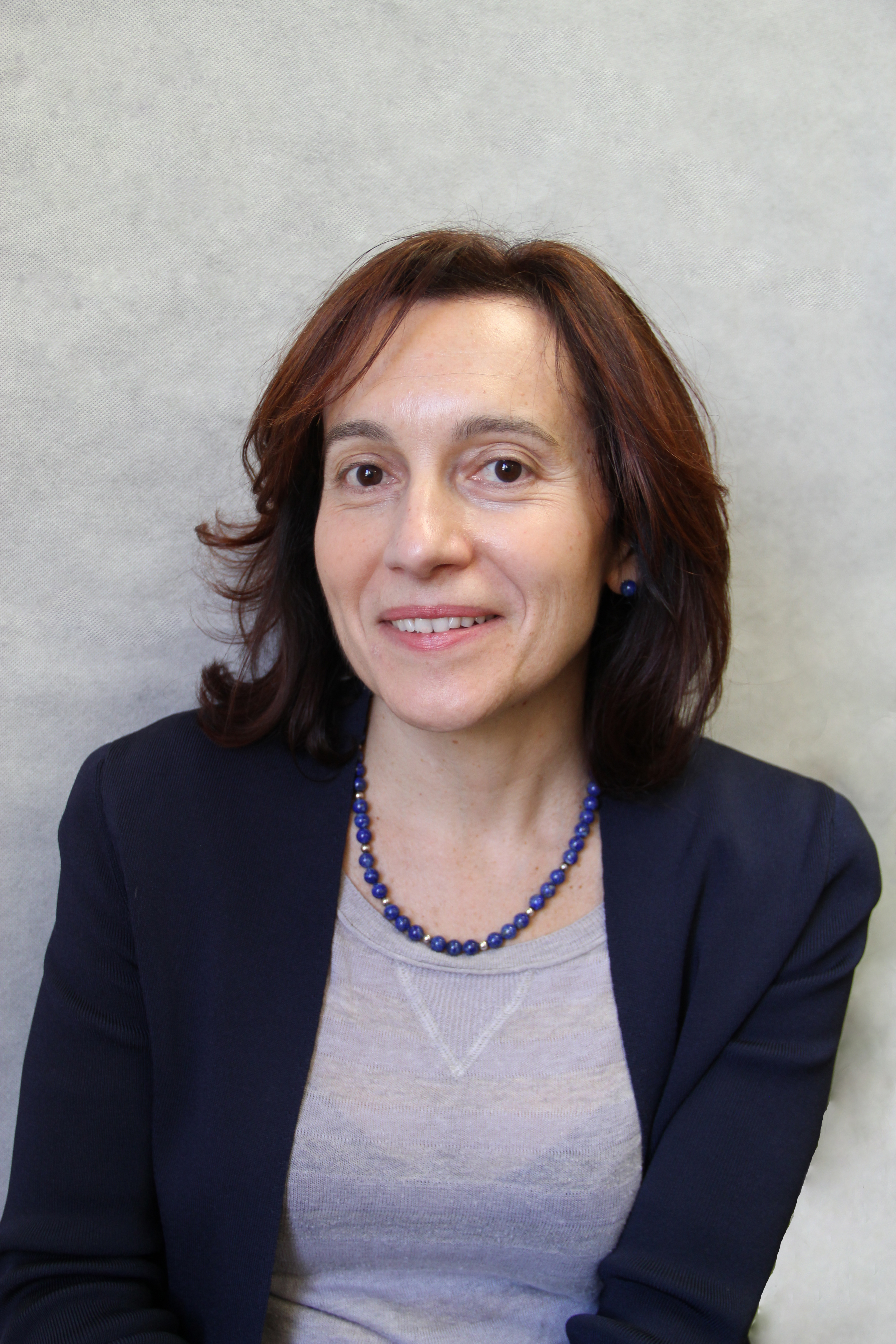
Laura Gagliardi - University of Chicago
Candidate for Vice-Chair Elect
Laura Gagliardi is the Richard and Kathy Leventhal Professor in the Department of Chemistry, the Pritzker School of Molecular Engineering and the James Franck Institute at the University of Chicago. She is also serving as director of the Chicago Center for Theoretical Chemistry. Laura is a computational quantum chemist who is known for her contributions to the development of electronic structure methods and their use for understanding complex chemical systems. Particularly impactful has been Laura's work in the challenging area of strongly correlated systems that require a multi-reference (MR) treatment. Laura Gagliardi has received many recognitions, including the Peter Debye Award in Physical Chemistry from the American Chemical Society in 2020; the Award in Theoretical Chemistry from the Physical Chemistry Division of the American Chemical Society in 2019. Moreover, she is an Elected Member of the American Academy of Arts and Sciences (2020). She also serves as an Associate Editor for the most prestigious journal in the field of theoretical chemistry, the Journal of Chemical Theory and Computation of the American Chemical Society. Laura Gagliardi has served as an elected officer of the American Physical Society Division of Chemical Physics (2017-2020); as an elected alternate councilor for the Physical Chemical Division of the American Chemical Society (2013-2016); as elected officer of the Theoretical Chemistry Subdivision Executive Committee of the American Chemical Society (2011-2013); as member of the Chemical Science Roundtable of the National Academy of Sciences, Engineering and Medicine (2019-present). In addition to her dedication to science, Laura is a strong advocate for women in science, technology, engineering, and mathematics (STEM). Her goal for the PHYS division is to emphasize the importance of physical chemistry as a unifying discipline woven through all areas of chemistry, and extending to materials science and physics. She will emphasize the value of collaborations between experimentalists and theoreticians and the importance of attracting new, and especially underrepresented, scholars to the field.
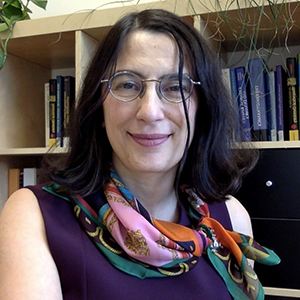
Valeria Molinero - Univ. of Utah
Candidate for Vice-Chair Elect
Valeria Molinero is the Jack and Peg Simons Endowed Professor of Theoretical Chemistry and Distinguished Professor at The University of Utah, where she also leads the Henry Eyring Center for Theoretical Chemistry. A physical chemist by passion and training, she performed research in electrochemistry as an undergraduate at the University of Buenos Aires, before turning to computational and theoretical chemistry for her doctoral studies. After completing her Ph.D. at the University of Buenos Aires, she moved to the United States to pursue postdoctoral research at Caltech with Bill Goddard and -later but simultaneously- at Arizona State University with Austen Angell, before starting her independent career at the University of Utah in 2006. Molinero's research focuses on understanding and controlling phase transformation and dynamics in materials; her teaching and mentoring has an emphasis on experiential learning. Molinero is an active member of ACS, to which she has served in several committees, and the PHYS division, which she has recently served as Chair of the Theory subdivision. An enthusiast for the creation and exchange of scientific ideas, she has organized national symposia at ACS, APS, TSRC, and chaired the 2019 Gordon Conference on the Chemistry and Physics of Liquids. She is a member of the Board of Managers of AIP Publishing, and the Advisory Boards of the Journal of Physical Chemistry, Journal of Physical Chemistry Letters, and Journal of Chemical Physics. Her aim is to help the PHYS division find creative ways to build bridges of communication and participation within the broad physical chemistry community and with sibling disciplines in the new reality of a covid and post-covid world, recognizing that some of the challenges also bring opportunities for increased engagement and connectivity, equity in access, and global reach.

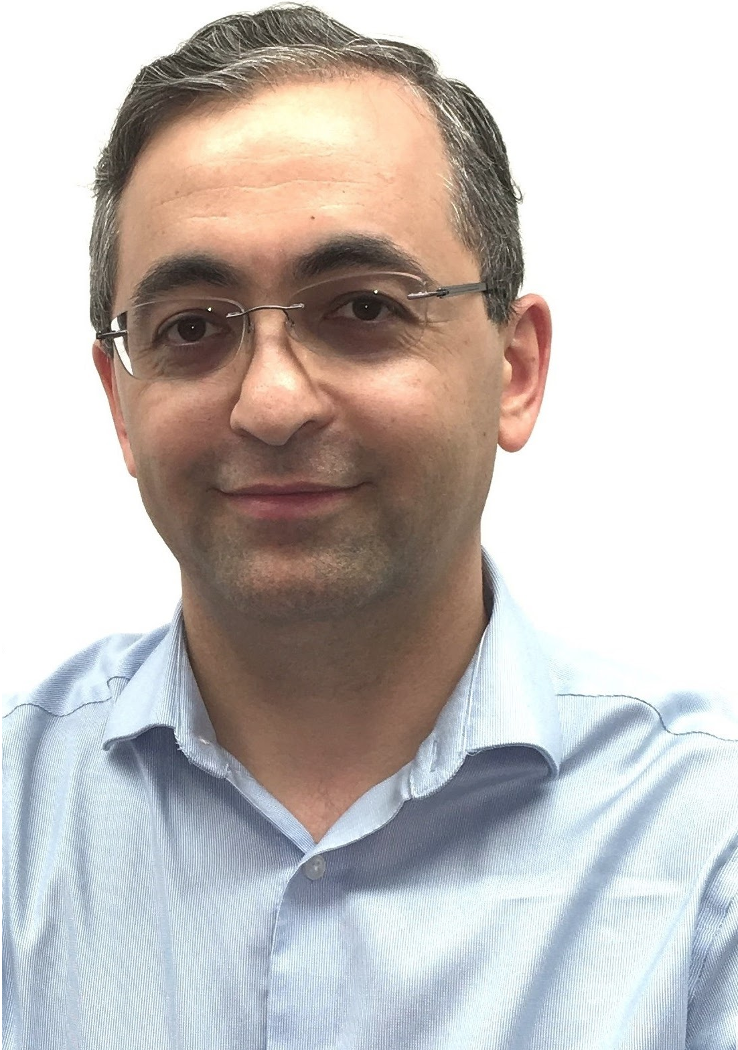
Jahan Dawlaty - Univ. South. Calif.
Candidate for Executive Committee Member-at-Large
Jahan Dawlaty is an experimental physical chemist at the University of Southern California. Dr. Dawlaty received his undergraduate degree in chemistry from Concordia College in Minnesota and his Ph.D. in physical chemistry from Cornell University, where he worked at the interface of materials and spectroscopy both in the chemistry and electrical engineering departments with John Marohn and Farhan Rana. He joined UC Berkeley for his postdoctoral work with Graham Fleming. He started his independent career at the University of Southern California in 2012. He applies spectroscopic methods to fundamental molecular problems of relevance to catalysis. He has worked on measuring and modeling interfacial electric fields at electrochemical interfaces, excited state proton dynamics in molecular and material systems, and lattice dynamics in hydrogen bonded solids. He has received the NSF CAREER award, the AFOSR Young Investigator Award, the Cottrell Scholar Award, and the Journal of Physical Chemistry Lectureship Award among others. He has served as a guest member in the Annual Reviews of Physical Chemistry editorial meeting, and a guest editor for the Journal of Chemical Physics. He is interested in chemical education, with special emphasis on modernizing the pedagogy of chemical thermodynamics and kinetics.
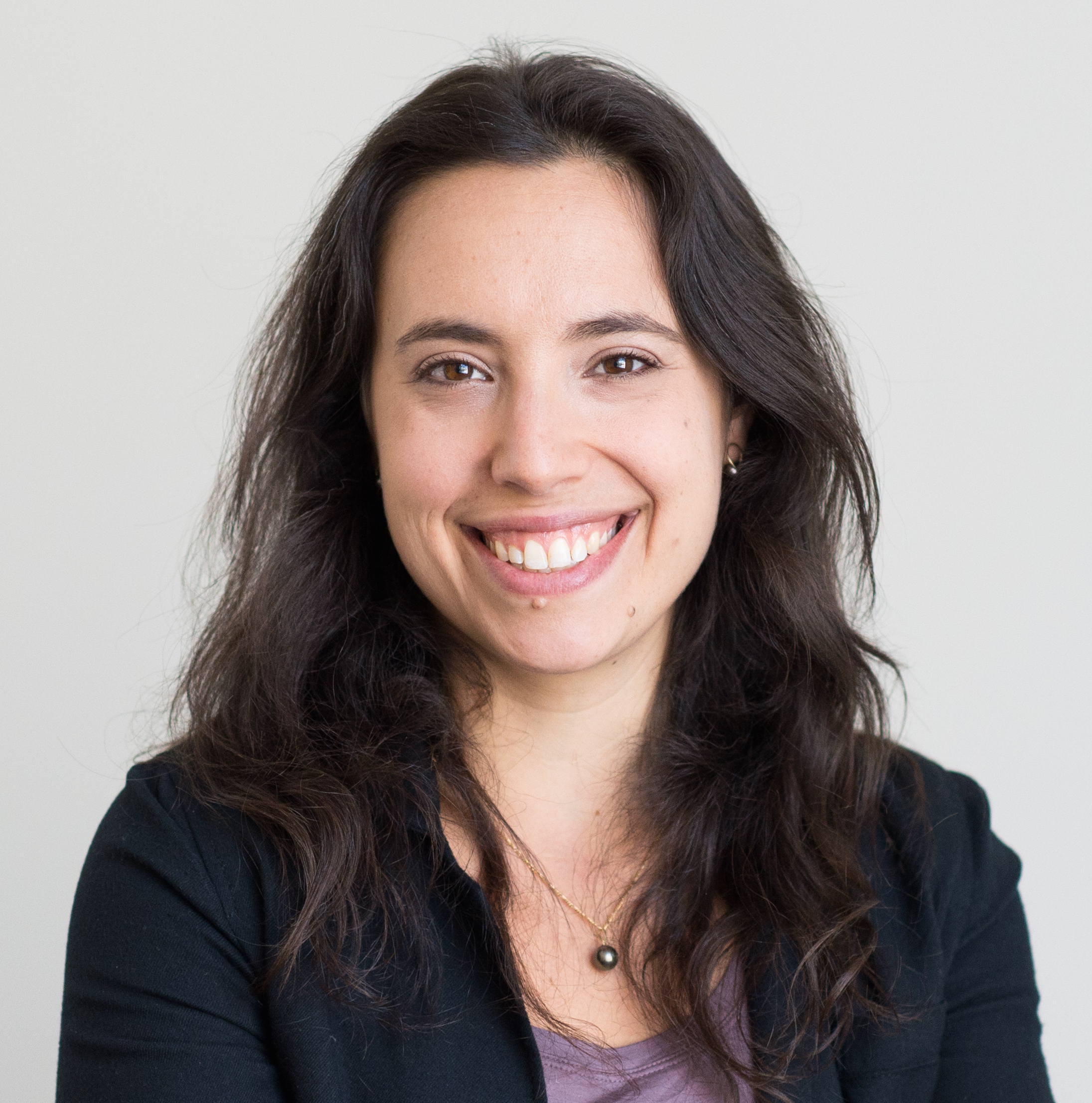
Gabriela Schlau-Cohen - MIT
Candidate for Executive Committee Member-at-Large
Gabriela Schlau-Cohen is an experimental physical chemist in the Department of Chemistry at MIT. Her research group uses single-molecule spectroscopy and ultrafast spectroscopy to explore the energetic and structural dynamics of biological and bio-inspired systems. In particular, she focuses on the photophysical pathways in photosynthetic light-harvesting complexes and the structural dynamics in receptor protein signal transduction. Gabriela received a B.S. in Chemical Physics from Brown University and a Ph.D. in Physical Chemistry from the University of California, Berkeley, where she worked with Prof. Graham Fleming as an AAUW American Fellow. She was a CMAD Postdoctoral Fellow at Stanford University, where she worked with Prof. W.E. Moerner, and then she joined the faculty of MIT in 2015. Gabriela is the recipient of The Journal of Physical Chemistry B - PHYS Division Lectureship Award and the PHYS Division Young Investigator Award as well as other awards such as the Camille-Dreyfus Teacher Scholar Award, the Sloan Research Fellowship in Chemistry, the NIH Director's New Innovator Award, and the Beckman Young Investigator Award. She co-organized a PHYS symposium at the national ACS meeting, has been a member of the Executive Committee of the APS Division of Laser Science, and served as a STEM ambassador for the American Association of University Women. Her aim is to support and facilitate the participation of physical chemists of all ages and backgrounds in the division.
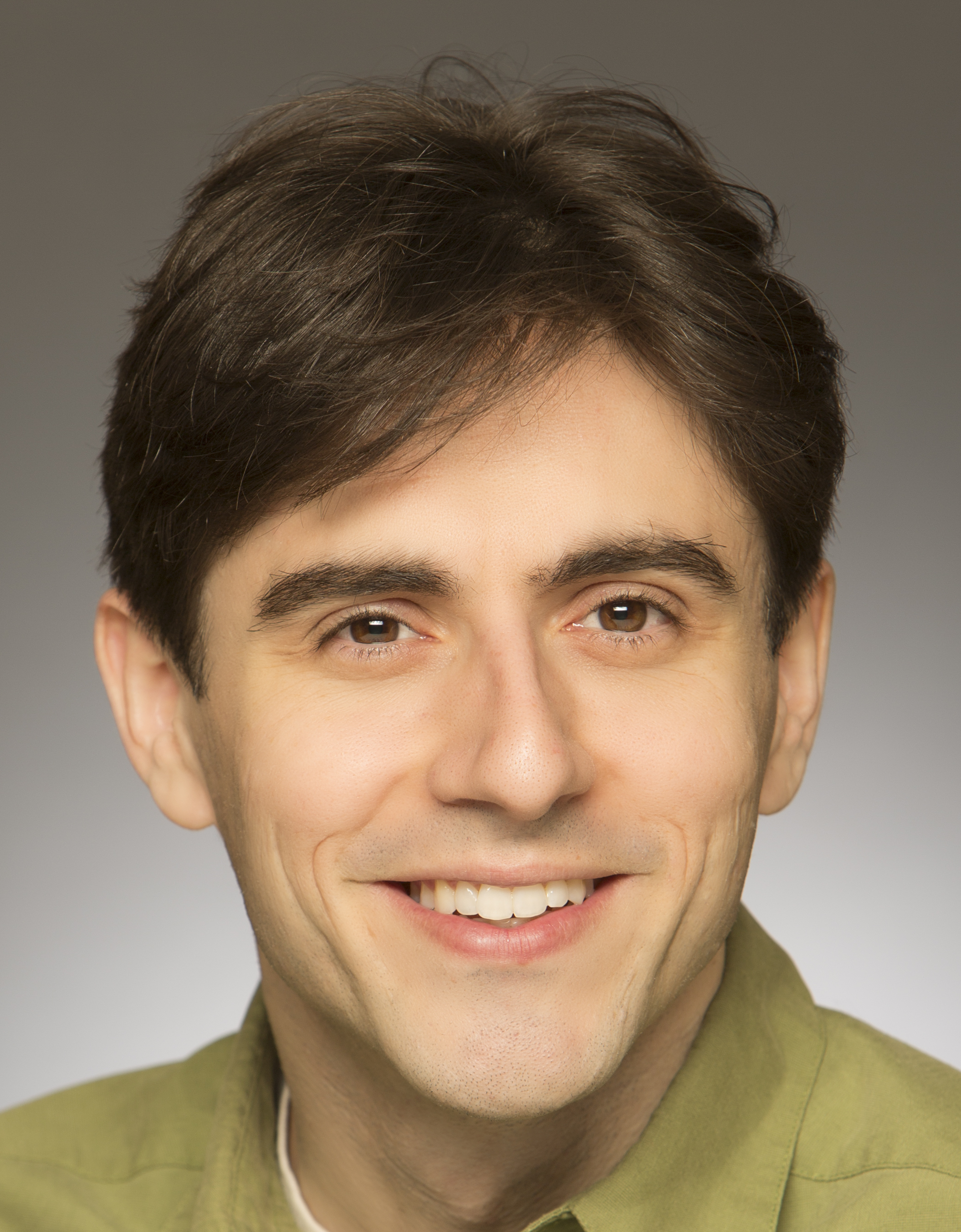
Joe Subotnik, Univ. Penn.
Candidate for Executive Committee Member-at-Large
Joe Subotnik is a theoretical physical chemist working in the chemistry department at the University of Pennsylvania. His areas of interest center around the theme of energy conversion, specifically the question of how electronic, nuclear, and photonic degrees of freedom can exchange energy, both coherently and incoherently. Joe earned his PhD under Martin Head-Gordon at UC Berkeley (2006), was an NSF international postdoctoral fellow with Abraham Nitzan at Tel-Aviv University (2007-2009), and did a second postdoc with Mark Ratner (2009-2010) at Northwestern University. Joe is a member of the external advisory board for J. Chem. Phys. and organizes (during normal times) the Penn Conference in Theoretical Chemistry each year during the summer at the University of Pennsylvania. As both a researcher and educator, his primary goal is to find simple and practical ways to describe seemingly complex phenomena. His recognition includes Air Force Young Investigator (2011), Alfred P. Sloan Fellow (2012), ACS HP Outstanding Junior Faculty Award (2012), NSF CAREER award (2012), PECASE Award (2012), Packard Fellow (2012), Research Corporation Cottrell Scholar (2013), Journal of Physical Chemistry B Lectureship (2015), Camille and Henry Dreyfus Teacher Scholar Award (2015) and Guggenheim fellowship (2016).
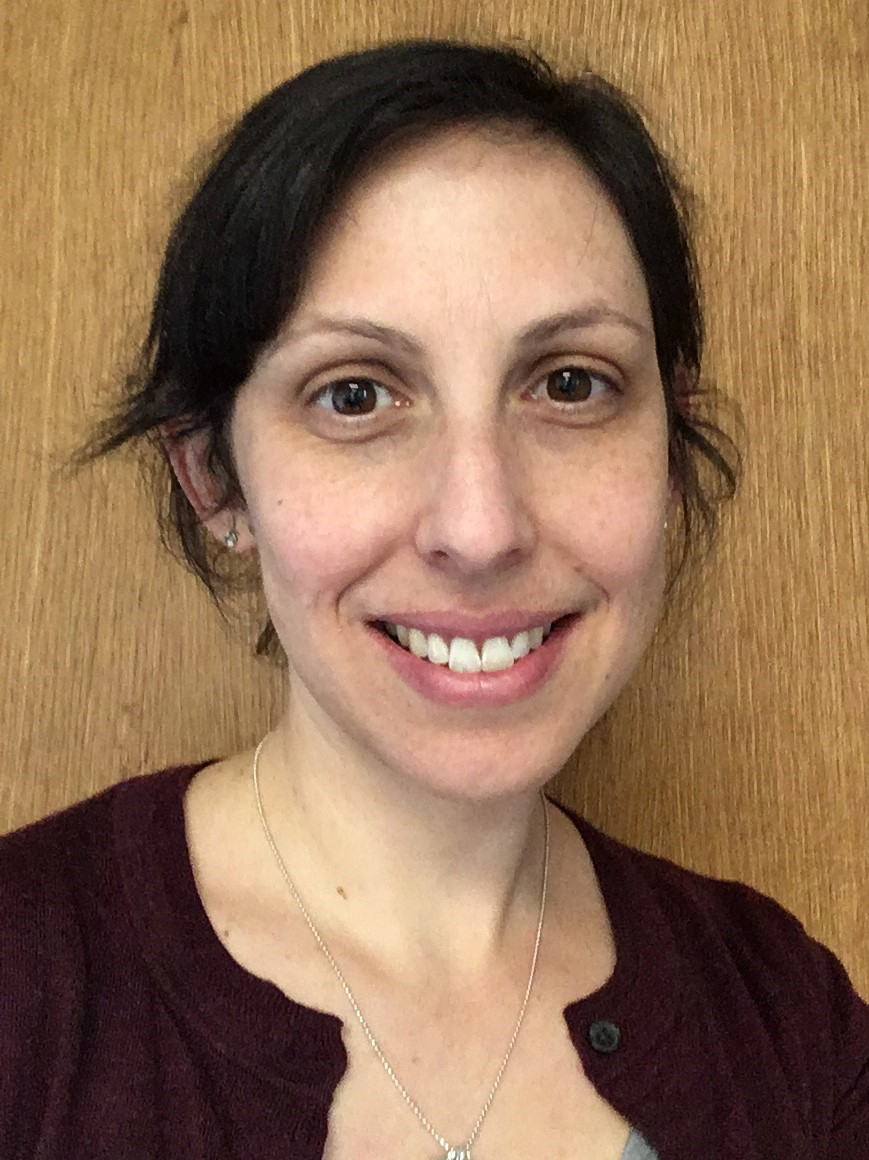
Emily Weiss - Northwestern
Candidate for Executive Committee Member-at-Large
Emily Weiss is the Mark and Nancy Ratner Professor of Chemistry and a Professor of Materials Science and Engineering, by courtesy, at Northwestern University. Emily earned her PhD from Northwestern in 2005, advised by Mark Ratner and Michael Wasielewski. Her graduate work focused on magnetic superexchange interactions of radical ion pairs created by electron transfer within organic donor-acceptor systems. Emily did postdoctoral research at Harvard University under George M. Whitesides from 2005-2008 as a Petroleum Research Fund Postdoctoral Energy Fellow, and started her independent career at Northwestern in Fall 2008. The objectives of Emily's research group are to understand the mechanisms of conversion of energy from one class to another at interfaces and the behavior of quantum confined systems far from equilibrium, and to design and synthesize nanostructures that are new combinations of organic and inorganic components. Her recognition includes the 2015 Harry Gray Award for Creative Work in Inorganic Chemistry by a Young Investigator, the Presidential Early Career Award in Science and Engineering (PECASE), Young Investigator Awards from the AFOSR and DOE, Packard and Sloan Fellowships, the Early Career Award in Experimental Physical Chemistry from the ACS, and the ACS National Award in Colloid Chemistry.


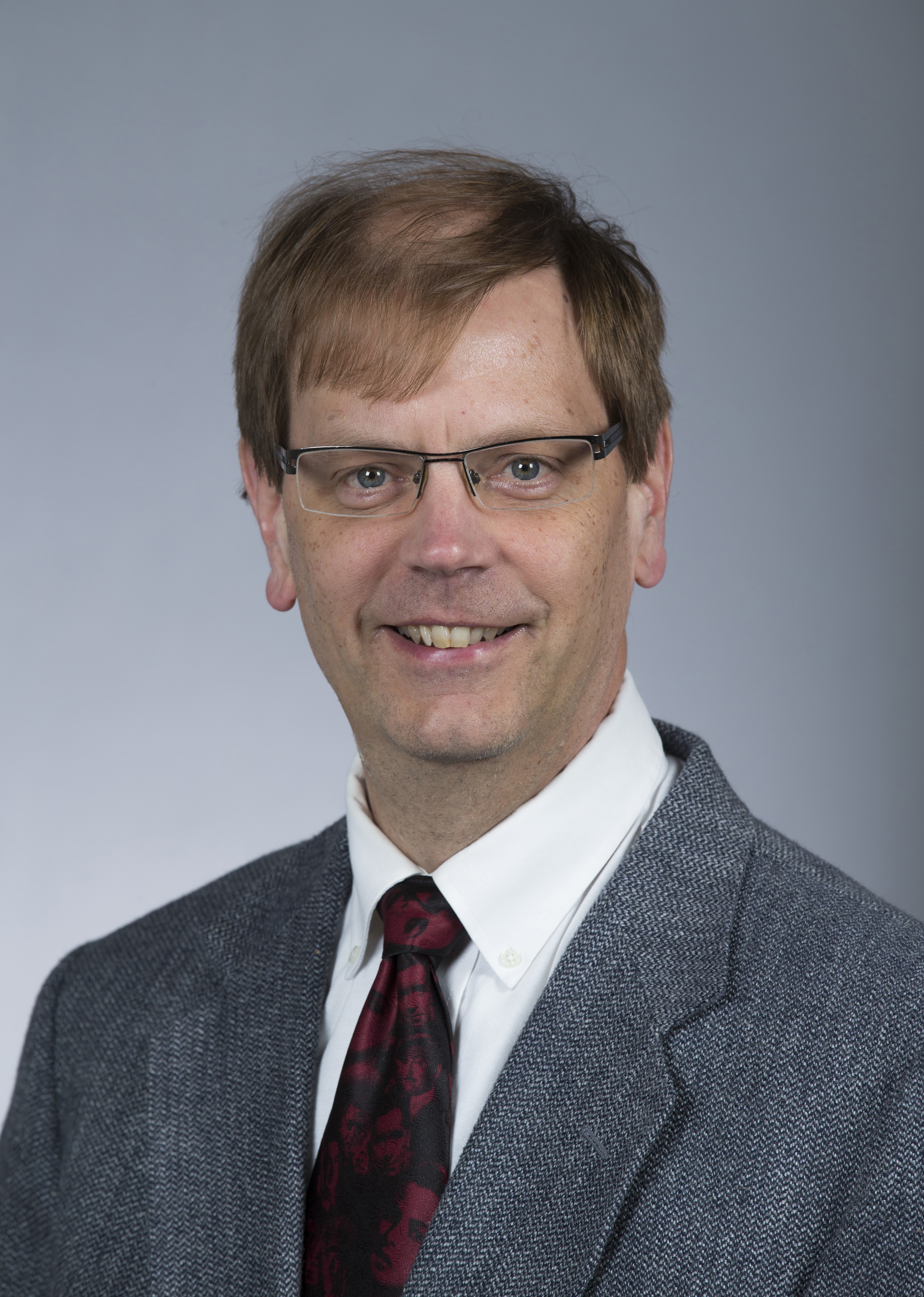
Thom Holme - Iowa State
Candidate for Councilor
Thomas Holme is a Morrill Professor of Chemistry at Iowa State University and is a computational chemist who studies the chemical processes for control and growth in cell wall biosynthesis. He received his B.S. in Chemistry and Physics from Loras College in 1983, and his PhD in Chemistry in 1987 from Rice University under the mentorship of John Hutchinson modeling intramolecular vibrational energy redistribution dynamics. He served two postdoctoral appointments, first with Raphy Levine at Hebrew University of Jerusalem, and the second with William Reinhardt at the University of Pennsylvania. He has held faculty positions at the University of South Dakota and the University of Wisconsin - Milwaukee prior to when his appointment began at Iowa State in 2008. He has been a Fullbright Scholar and is a Fellow of AAAS and of the ACS. He served as the Director of the ACS Exams Institute from 2002-2015 and is currently Editor in Chief of the Journal of Chemical Education. He was the winner of the ACS Helen Free Award for Public Outreach in 1999 and the Pimentel Award (chemical education) in 2017. He served as a Councilor from the Milwaukee Section of the ACS from 2000-2006 serving on the Committee on Public Relations and Communication and as an Associate on the Society Committee on Education during that time.
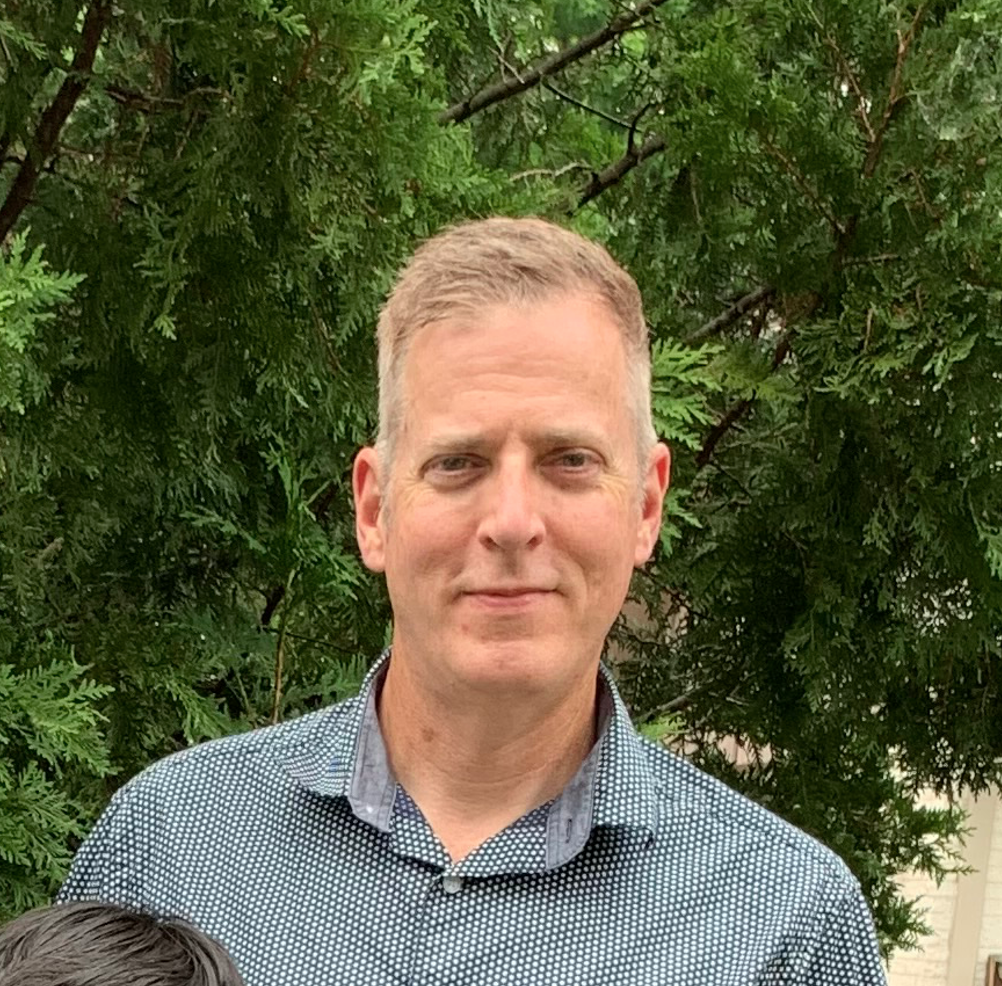
Scott Reid - Marquette
Candidate for Councilor
Scott A. Reid is a molecular spectroscopist whose research interests include investigation of reactive intermediates and probing intermolecular forces via experimental measurements of dissociation energies of model complexes. He currently serves as Wehr Distinguished Professor of Chemistry at Marquette University (Milwaukee, WI). Dr. Reid received his B.S. in Chemistry from Union University in 1985 and a Ph.D. in 1990 from the University of Illinois (Urbana-Champaign) under the direction of J. Douglas McDonald. After a postdoctoral fellowship at the University of Southern California under the direction of Hanna Reisler, Dr. Reid joined the faculty at Marquette in 1994 as an Assistant Professor. He was promoted to Associate Professor in 2000 and Professor in 2005. Dr. Reid has received an NSF CAREER award, was a Beckman Foundation Young Investigator, and has won all-university awards for both teaching and research. He was named an ACS fellow in 2019, and is a current member of the ACS Committee on Professional Training, serving as vice-chair of that committee in 2019.
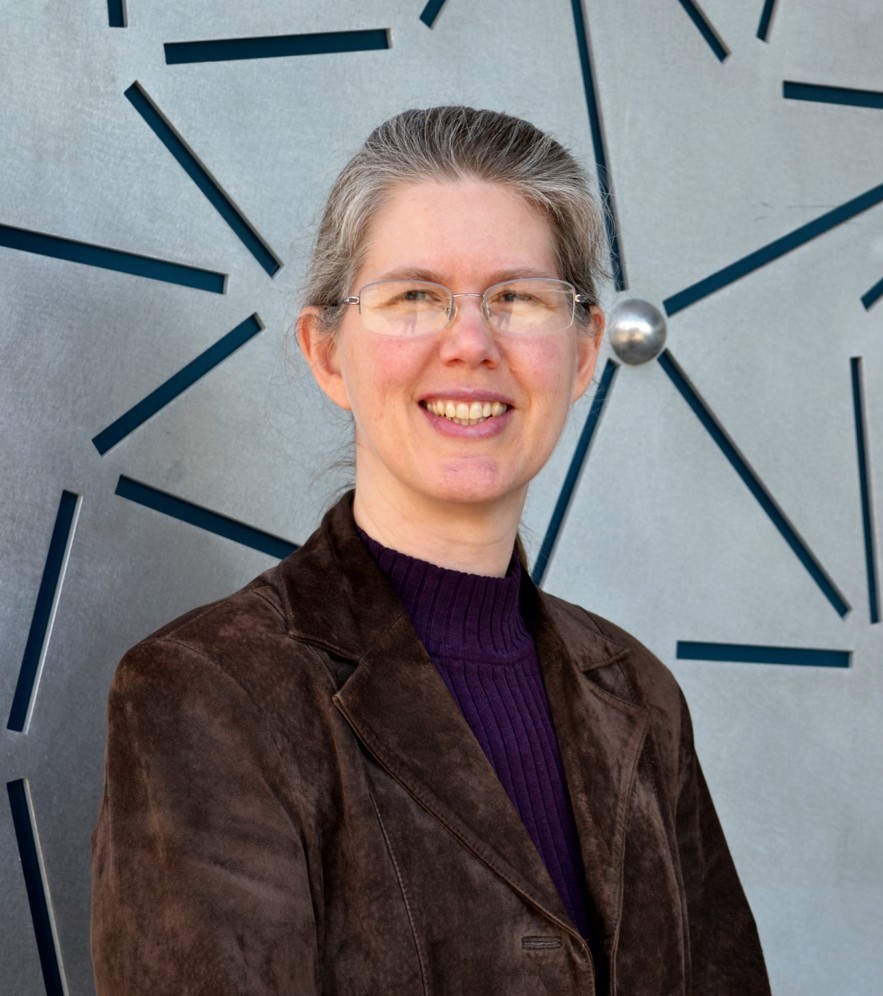
Theresa Windus - Iowa State
Candidate for Councilor
Dr. Theresa L. Windus is a Distinguished Professor of Chemistry at Iowa State University (ISU) and the Interim Director for the Chemical and Biological Sciences Division with Ames Laboratory. She also currently holds an ISU Liberal Arts and Sciences Dean's Professorship. Theresa received her B.A. degrees in chemistry, mathematics and computer science from Minot State University. She then completed her Ph.D. in physical chemistry at Iowa State University where she focused on hypervalent silicon and phosphorus compound reactions as well as developing high performance algorithms that were implemented in GAMESS. Theresa examined relativistic effects and developed novel tensor methods in her postdoctoral years with Profs. John Pople and Mark Ratner at Northwestern University. Theresa then held several positions at government labs (Wright Patterson Air Force Base Major Shared Resource Center and the Environmental Molecular Sciences Laboratory of Pacific Northwest National Laboratory) before joining the faculty at ISU. She is currently the Deputy Director for the National Science Foundation funded Molecular Sciences Software Institute and the Director for the Department of Energy funded NWChemEx Exascale computing project. She has served on many editorial/advisory boards and is a Fellow for the American Association for the Advancement of Science and for the American Chemical Society (ACS). Theresa has received multiple research and teaching awards including a Federal Laboratory Consortium for Technology Transfer Award for her work with NWChem. She is an active member of the ACS, organizing multiple symposia, representing the PHYS division as a Councilor since 2015, and serving on the Committee on Chemists with Disabilities committee -- most recently co-editing the "Teaching Chemistry to Students with Disabilities" resource.





